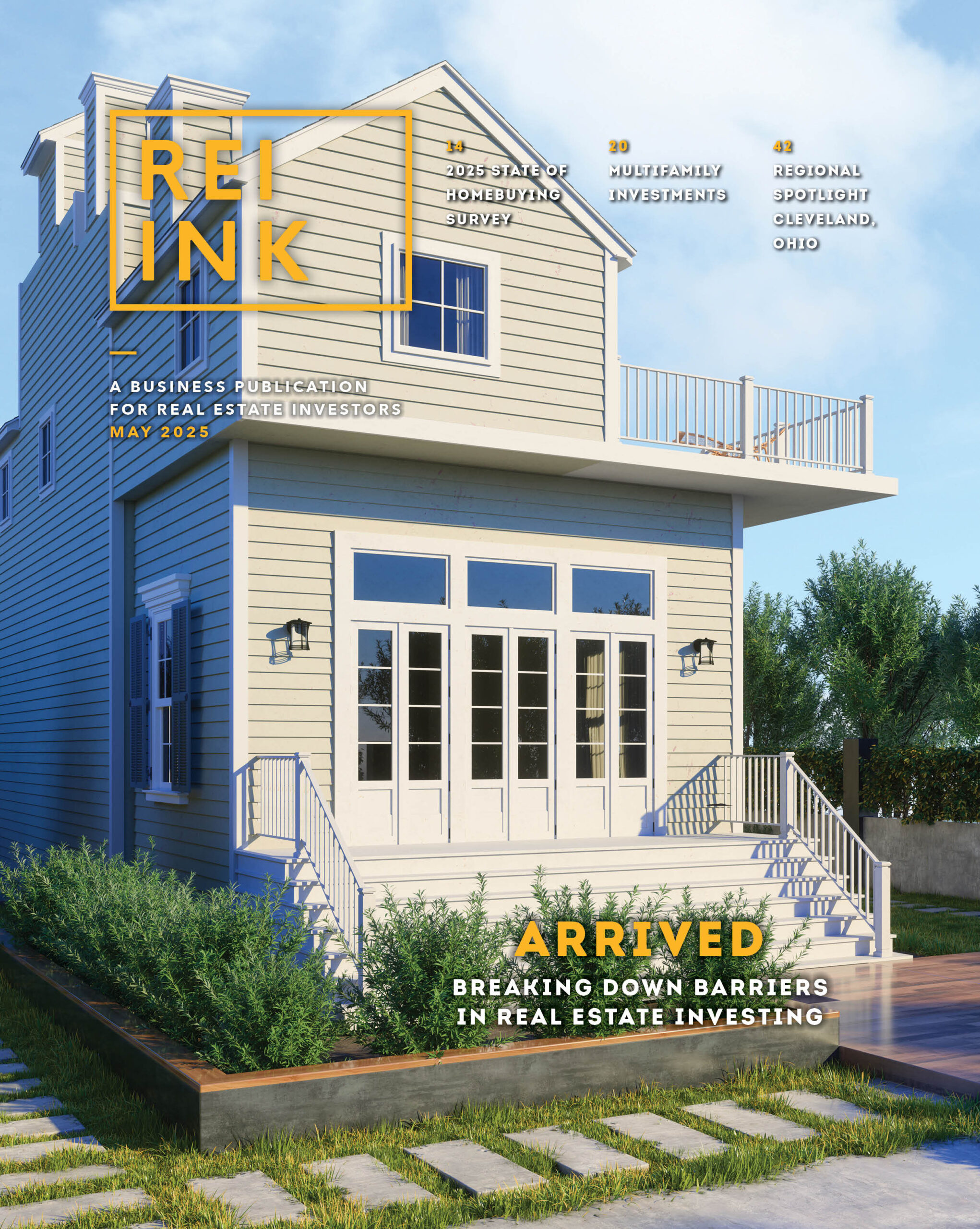Testimony Provided by: David Howard, National Rental Home Council
by David Howard
On September 12, as chief executive officer of the National Rental Home Council, I testified at a hearing of the Texas state legislature examining the impact of “institutional owners” on housing affordability in the state. I testified, in part, “Fundamentally, the expanding role of large {SFR} owners in the housing market is a direct response to the growing demand for new and innovative housing types that meet the diverse needs of today’s housing consumers, a response that is market driven and supported with private capital and private investment.”
Here are some key excerpts of my testimony:
“To help emphasize the important role the single-family rental home market plays in today’s housing economy, I’d like to talk briefly today about three things: context, affordability, and supply.
First, it’s important to understand the context regarding the composition of the single-family rental housing market. Single-family rental homes account for approximately 14% of all the housing in the United States and roughly 40% of all the rental housing. Of the single-family rental homes in the country, the vast majority, somewhere between 85% and 90%, are owned by individuals and small local businesses. Large providers of single-family rental homes, so called “institutional owners,” account for just 3% of the market. More broadly, of all the housing in the United States, large providers of single-family rental homes own just 0.4%. To put this in perspective, this means 99.6% of the housing in this country is owned by someone other than a large provider.
Finally, in terms of context, single-family rental homes play a vital role in the new home construction market, where between 10% and 15% of all new homes nationally are built expressly for the purpose of renting. In Texas, there are currently about 27,500 single-family rental homes under construction, compared to approximately 18,000 at this time last year. This investment in new home construction is a win for residents, a win for communities, and a win in the critical effort to build more housing.
Turning now to the issue of housing affordability and the impact of large providers of single-family rental homes on pricing: simply stated, it’s hard to make the case that large owners of single-family rental homes have any impact on the cost of housing. There is ample research and data showing the connection between “institutional activity” and home prices just doesn’t exist.
First, large owners aren’t buying with the volume and velocity that would impact local home prices; and it’s important to realize, large owners are not just buyers of homes, they are sellers as well.
Second, home prices increase for a number of different reasons, most of which have nothing to do with the activities of single-family rental homeowners, large or small.
Third, a 2021 market study by the National Association of Realtors found there was zero difference in the price paid by “institutions” than any other home buyer. And in a 2022 report, Freddie Mac found, “institutions heavily target under-market-value homes that need more repair than what most first-time homebuyers are willing to invest.
Lastly, the real challenge facing the housing market today is lack of supply, both here in Texas and across the country, a situation particularly dire at the “affordable” end of the market. As an indication: in the 1970s, the United States routinely built over 400,000 starter homes every year. In 2020, we built 65,000. A recent report by Realtor.com estimated the United States needs 7.1 million new units of housing. We’re simply not building enough or investing enough to keep pace with demand. And the imbalance between supply and demand encompasses housing of all types — owner-occupied, multifamily, and single-family rental.
Thank you again for allowing me to participate in today’s hearing.”




















